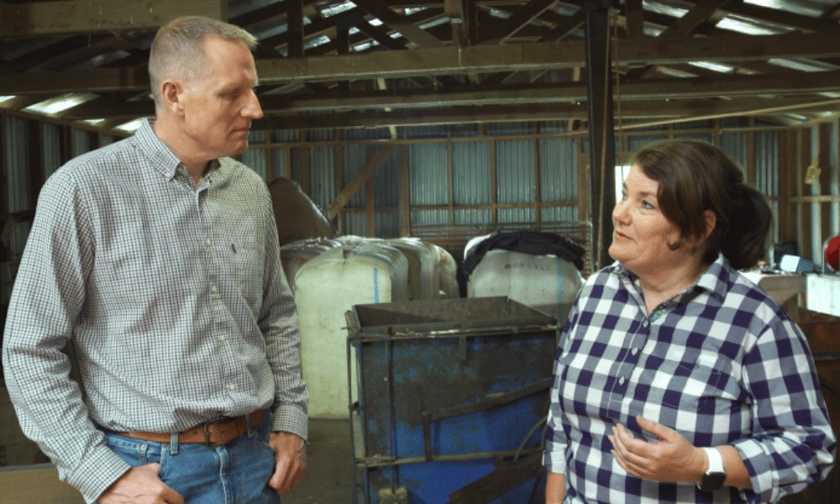

New Zealand’s Accident Compensation Corporation (ACC) and Safer Farms have entered into a partnership aimed at reducing workplace injuries and fatalities in the agricultural sector.
The agreement will see ACC invest more than $11 million over five years to support the implementation of Safer Farms’ “Farm Without Harm” strategy.
Agriculture is one of New Zealand’s highest-risk industries. In 2024, ACC recorded over 17,116 new claims for farming-related injuries and spent more than $124 million on recovery efforts.
The partnership seeks to address the leading causes of harm on farms and improve overall safety culture within the sector.
Safer Farms chair Lindy Nelson (pictured right) said the funding will help expand initiatives that promote safer work environments and encourage leadership within the farming community.
“We’ll be investing additional resources into initiatives which are designed to change behaviours and foster a stronger safety culture on farms, enhance engagement, capability, and capacity within the sector, and empower sector leadership and collaboration to drive aligned and coordinated action,” she said.
The Farm Without Harm strategy is designed to create industry-wide change by addressing key risks associated with farming operations.
The partnership will focus on four primary risk areas that contribute to farm-related injuries:
ACC’s deputy chief executive for strategy, engagement, and prevention, Andy Milne (pictured left), said the collaboration aligns with ACC’s long-term safety objectives for the sector.
“We’re committed to driving positive, enduring change for New Zealand’s agricultural sector, and we believe Safer Farms is key to supporting that commitment,” he said.
The new partnership follows recent warnings from rural insurer FMG about the risks of quad bike accidents, particularly during the high-demand summer season.
According to FMG’s data, an average of one quad bike rollover claim is filed every day. Over the past few years, the insurer has received approximately 2,000 claims for quad bike-related incidents, with total payouts exceeding $8.1 million.
Newer quad bikes, those less than two years old, have been identified as a particular risk. Despite making up only 25% of insured quad bikes, they account for 50% of rollover claims.
FMG advises farmers to take extra precautions when operating new machinery, as handling and stability may differ from older models.
Additionally, fatigue and distraction have been highlighted as key contributors to quad bike incidents, particularly during mustering and other high-intensity periods. More than 20% of reported accidents are linked to these factors. Farmers are encouraged to assess their surroundings, manage workloads, and take regular breaks to maintain focus.
